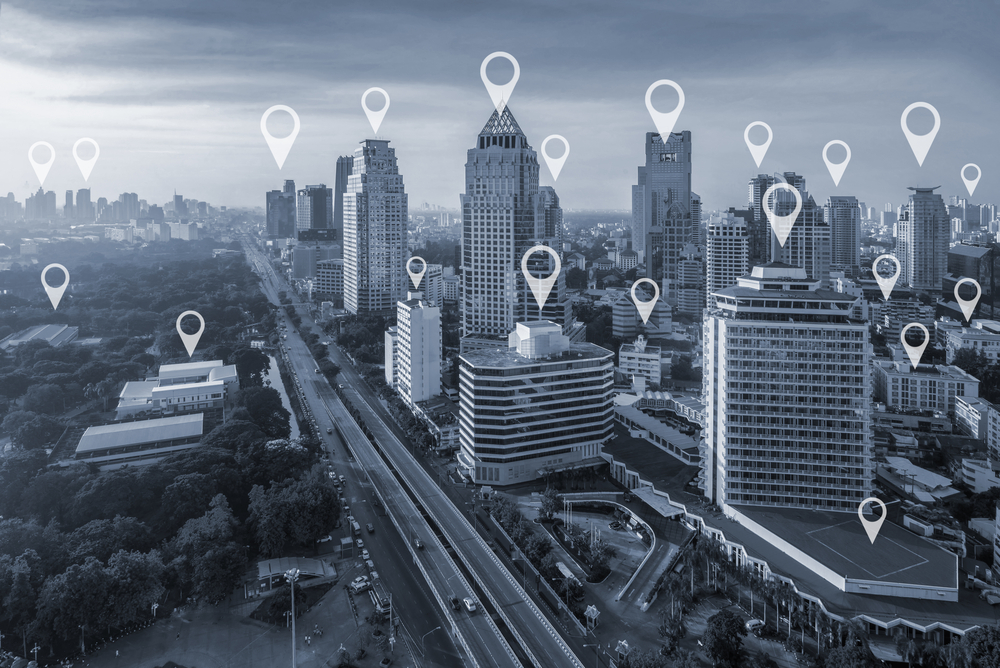Sensitive consumer data is often recorded by third-party service providers. Mobile telcos notoriously log all data passing through their network, including users’ location data. But Proximus, a Belgian telco, apparently sells those location records for the price of 700 EUR per user. All of this information will be sold to enterprises and organizations–a very troublesome turn of events, to say the least.
Proximus Takes A Very Drastic Measure
Whenever mobile telcos go ahead and sell customer data without asking for consent, things go from bad to worse in a heartbeat. Belgian telco Proximus will start selling users’ location data to interested parties, which can be either enterprises or local organizations. In exchange for the price of 700 EUR, telco will gladly invade customer privacy without their approval.
There is a silver lining, however, as all clients will receive anonymized location data after 48 hours. To put this aspect into perspective, they will anonymize the data, without revealing individual user information. The goal is to provide location data in general, rather than attaching profiles to the users to whom this data belongs.
A similar feature has been around for quite some time. When Proximus launched MyAnalytics, it became possible for network users to see large-scale movements of other users. This provides valuable insights into which areas are accessible at any given time. For enterprises and organizations, this information can guide their decisions to create new shops, outlets, or even tourist attractions in those areas.
Proximus will collect user location data once every hour by using triangulation tools to roughly estimate the location. It also measures the amount of time people spend in the same region in between location pings. While this technology was deployed many years ago, the information gathered was in the sole custody of Proximus, rather than third parties.
A trial of this technology was conducted last month. Statistics Belgium looked over the location data provided by Proximus at that time and saw the value of this concept. Moreover, the Belgian Privacy Commission approved the sharing of user location data with third parties in exchange for a predetermined price. This decision will not sit well with most telco users who care about privacy, though.
Although this initiative only seems to focus on location data, people need to be aware of what other information Proximus logs at any given time. Big data is a major step forward to create better user experiences, but that should never come at the cost of consumer privacy. Right now, telcos will gladly sacrifice consumer privacy to create new revenue streams, by the look of things.
If you liked this article, follow us on Twitter @themerklenews and make sure to subscribe to our newsletter to receive the latest bitcoin, cryptocurrency, and technology news.

